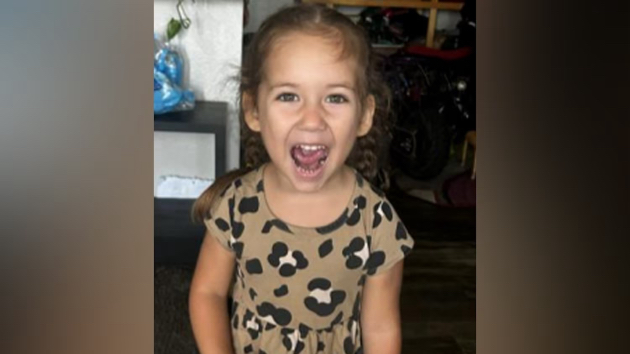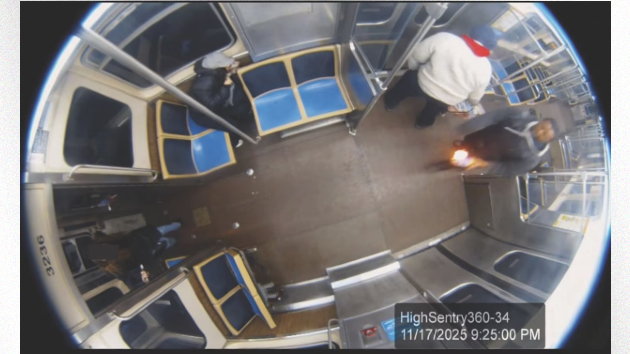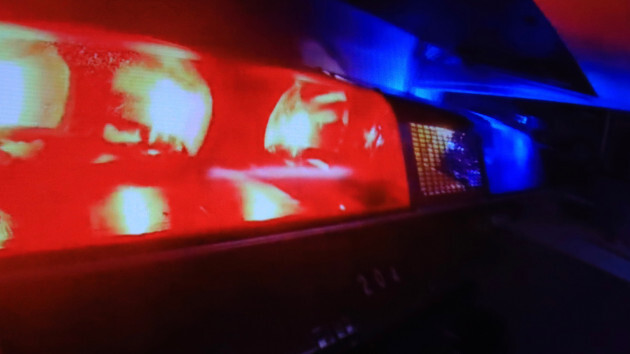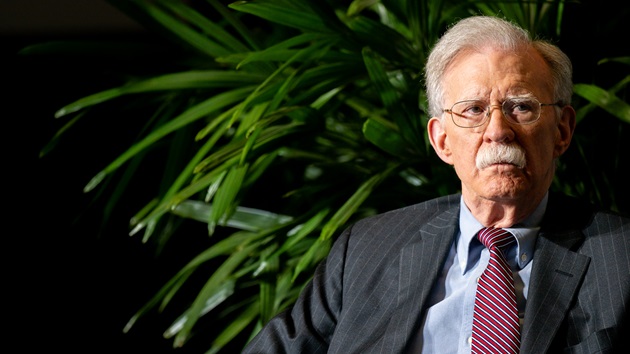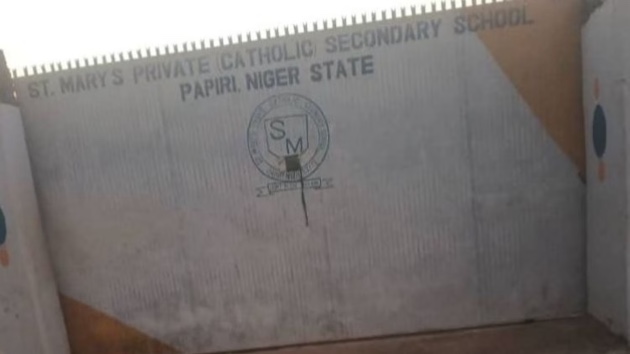
(WASHINGTON) — As of Monday, Venezuelan President Nicolas Maduro and his government will be added to the U.S. State Department’s list of the world’s most dangerous terrorist organizations.
Declaring Maduro the head of a foreign terrorist organization — instead of a corrupt dictatorial regime, as the U.S. government has regarded him for years — is an unprecedented move that President Donald Trump insists gives him the authority to strike inside Venezuela, as some outside experts question his rationale.
What happens next is far from clear, in part because Trump hasn’t said what he wants to happen. When asked by a reporter at an Oval Office press conference on Nov. 17 what Maduro could do to placate the U.S., Trump called it a “tricky” question.
But some experts said that forcing Maduro from power without a long-term plan could leave a power vacuum, potentially giving way to violence and chaos.
“Any post-Maduro government will live or die based on the amount of security cooperation the United States is willing to provide,” said Henry Ziemer, an associate fellow with the Americas Program at the Center for Strategic and International Studies, told ABC News.
Here are three things to know about what could happen next:
Trump could use military strikes inside Venezuela and force Maduro to flee.
After weeks of lethal military strikes on suspected drug vessels, the State Department this week told Congress that Maduro wasn’t just a foreign leader but the head of “Cartel de los Soles.”
Experts told ABC News the term, which translates to “Cartel of the Suns,” is a general reference to corrupt Venezuelan officials, including those involved in the drug trade. The Cartel de los Soles has not been listed on the Drug Enforcement Administration’s annual National Drug Threat Assessment or in the United Nation’s World Drug Report.
The designation becomes official on Monday following a seven-day notice period to lawmakers, putting Maduro on the same list as terror networks like al-Qaida and the Houthi rebel group in Yemen. Maduro denies the allegation, instead calling for diplomacy.
Trump suggested the label gives him the authority to launch strikes, although legal experts told ABC News that claim is dubious. According to the Congressional Research Service, the list primarily serves “the purpose of imposing financial sanctions, immigration restrictions, or other penalties in pursuit of law enforcement or national security goals.”
In an interview with the right-wing One America News Network, Secretary of Defense Pete Hegseth insisted the decision was about giving the president greater military options.
“Nothing’s off the table, but nothing’s automatically on the table,” he said.
Maduro could placate Trump, but there’s no clear path for that.
While labeling Maduro a terrorist leader, Trump also said he’s open to negotiations. But when asked if Maduro could do anything to get Trump to back down, the president wasn’t clear.
“You know, the question’s a little bit tricky,” Trump said Nov. 17 in the Oval Office. “I don’t think it was meant to be tricky. It’s just that, look, he’s done tremendous damage of our country, primarily because of drugs,” and “the release of prisoners into our country has been a disaster.”
Some U.N. officials and regional experts said that Venezuela facilitates and profits off the drug trade, but that drug smuggling routes in the Caribbean are primarily headed for Europe. The majority of drugs coming into the U.S. enter through Mexico and legal ports of entry, they say.
Maduro has denied profiting from the drug trade.
Some independent experts also said Trump’s claim that Venezuela is emptying its prisons and sending people with mental illnesses to the U.S. is not supported by evidence. According to the Migration Policy Institute, some 770,000 Venezuelan immigrants live in the United States — the vast majority arriving after fleeing Maduro’s authoritarian regime and the ongoing economic crisis there.
Trump’s endgame makes more sense when you consider the bigger picture, some conservatives say. The U.S. has long seen Maduro as a source of chaos and instability in the region, but has not been willing to try to force a change.
“I think what we’re doing sends a message to leaders across the hemisphere about the U.S. being very serious about protecting the American people against these narco threats and the weaponization of these illicit activities and criminal activities,” Andres Martinez-Fernandez, senior policy analyst for the Heritage Foundation’s Allison Center for National Security, told ABC News.
“I do think you’re starting to see. … other governments in the region that are more forward-leaning and more aligned with the United States,” he said.
US strikes could trigger chaos inside Venezuela, experts warn.
David Smolansky, who is deputy director of international affairs for the Venezuelan opposition leader Maria Corina Machado, told ABC News that the opposition, which is in exile, is ready to “provide Venezuelans an orderly and democratic transition.”
“What we are focused on is to be ready when the transition begins,” he said, citing the 2024 election of Edmundo Gonzalez with 67% of the vote. “We’ve been ready for a while.”
A new Venezuelan government, though, would inherit serious immediate challenges. Analysts said a new government would need security, help in reforming Venezuela’s armed forces and intelligence support from the U.S.
Zeimer said one major challenge would be convincing people throughout the Venezuelan government that they will be safe without Maduro. And part of their calculation will be how successful a new regime could be.
“Maduro is nothing if not wily and adaptable,” Zeimer said. “He’s been able, time after time, to get the United States to negotiate, and use negotiations, basically as a way to release the pressure and commit to things that he has no plans on following through with and hang on to power.”
“I think he is still definitely trying to do that,” he added. “It is telling that he’s yet to flee.”
Copyright © 2025, ABC Audio. All rights reserved.

